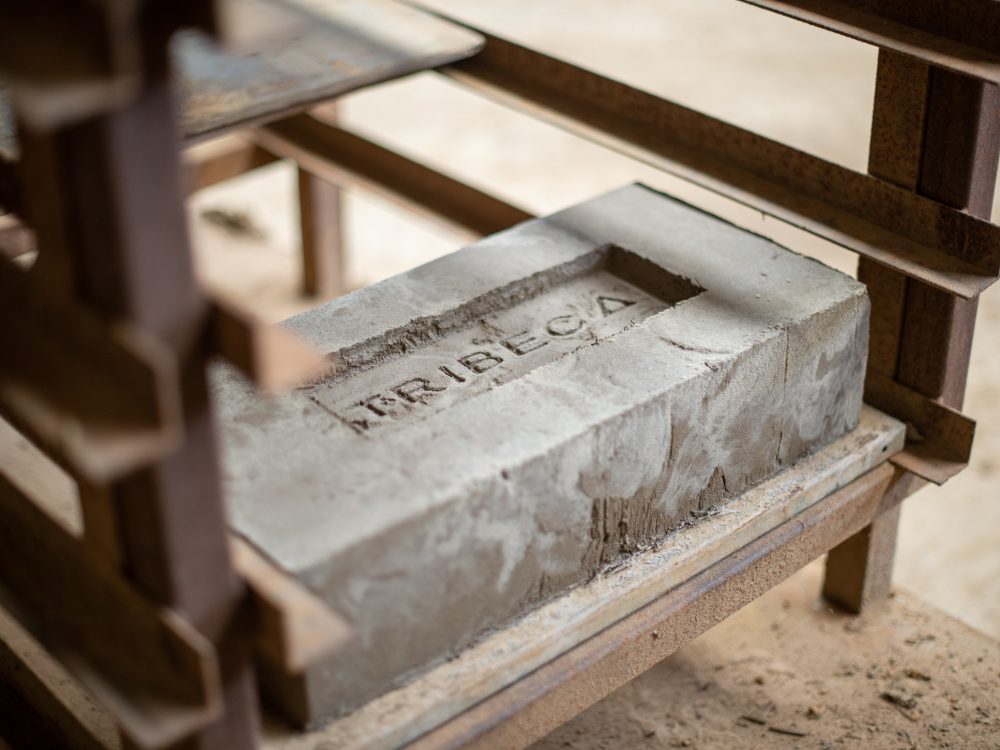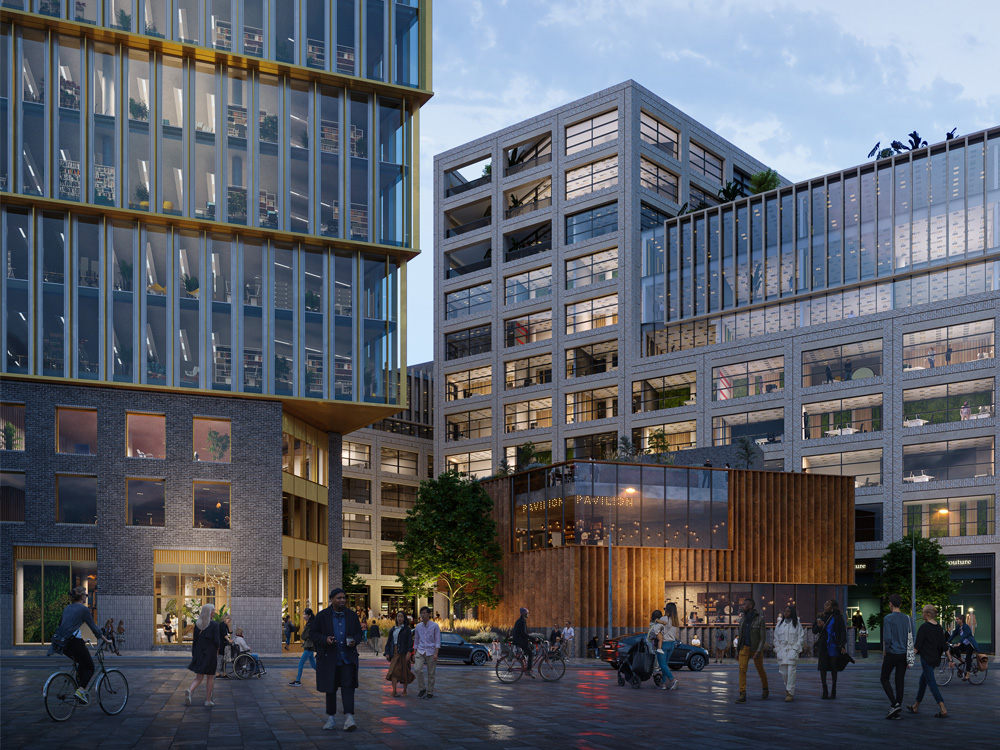Building a thriving biotech hub – an interview with Phil Jackson
On the 2nd March 2021 The Journal interviewed Phil Jackson from MedCity to get his perspective on the bio-tech market in King’s Cross. It is with great sadness that a few weeks after our interview Phil sadly passed away.
Phil has been an advisor, inspiration and friend to the Tribeca team. His knowledge has proved invaluable as Reef Group developed the plans for Tribeca into a proposition which will further support the growth of the bio-tech market in London. Phil was a joy to work with and he will be sorely missed.
King’s Cross and the surrounding area is now known as a hotspot for the bio-tech market. Based on your experience how does this area compare to other locations in London and further afield?
Phil Jackson: The scale of growth that you are seeing in King’s Cross for the bio-tech market is unparalleled in Europe. It is one of the fastest growing and most exciting areas for bio-tech in Europe, if not the world.
That growth has come about due to the institutions which operate in King’s Cross such as the Wellcome Trust, UCL, The Francis Crick Institute and The Alan Turing Institute. Such institutions have an incredible draw to attract others to locate here. Above the cost of land, access to space and access to transport, it is the quality of the science close by which is the most important factor for a location such as King’s Cross. The Francis Crick Institute alone gave London one of the most highly effective centres for genomics and related research. It has produced three Nobel Prize winners and is a real powerhouse.
One of the big success stories of the King’s Cross area over the last decade is the improvement to the public realm. How Important is placemaking to attract high growth organisations to locate in this area?
Phil Jackson: One of the many things that is very attractive about King’s Cross is the public realm. That is why it is so important that the Tribeca development further enhances the public realm and improves the public access to the area.
Over the last decade the model for the science industry has changed from a ‘behind closed doors’ science park set-up to one which is built on collaboration and open innovation. Therefore, providing places for people to meet and share ideas is key. That is not just in a meeting room but outdoor spaces, attractive walks, exhibition areas, green spaces, bars and coffee shops.
Attracting the best talent is fundamental for the tech and bio-tech sector and that is why so many organisations want to locate in King’s Cross- because it is where the best talent wants to work.
Do you think that a shortage of laboratory space is something that risks holding the biotech market back in London?
Phil Jackson: For two zones in particular, King’s Cross and White City, London is in the take off phase for bio-tech. The question now is how best does that get curated, tailored and marketed globally and how can we provide more space to allow the market to grow. That is why King’s Cross needs the Tribeca development.
There is huge demand for labs in London and for these areas to grow and for our bio-tech market to grow we need more space such as that which Tribeca will deliver. One area of real shortage is ‘grow on space’ for start-ups that are spinning out of universities and incubators and into their own space and that is one of the key needs that Tribeca will help provide for.
One of the challenges for London in delivering more lab space is knowing how deep the level of demand is. This is an area that MedCity, supported by Reef Group, is trying to solve. How will this work?
Phil Jackson: Reef Group is supporting the bio-tech demand study being undertaken and produced by MedCity, which builds on the first demand study we produced in 2016. A big part of the research is to undertake interviews with SMEs, multi-nationals, and international companies to understand who is looking for space and where. The study will generate enough data to help us understand where demand for bio-tech is going post Covid, as not knowing is a real challenge at the moment.
What do you think the future looks like for King’s Cross?
Phil Jackson: Tribeca is coming on stream at a very good time. King’s Cross will see a period of real growth over the next 10 years for the bio-tech market as more non traditional corporates, such as Google, move into drug discovery and life sciences.
These big companies are looking at how they do more open innovation and how they collaborate with universities and research institutions. For that model to work they need to be based in the right type of place and King’s Cross is exactly that.

“The scale of growth that you are seeing in King’s Cross for the bio-tech market is unparalleled in Europe. It is one of the fastest growing and most exciting areas for bio-tech in Europe, if not the world.”



